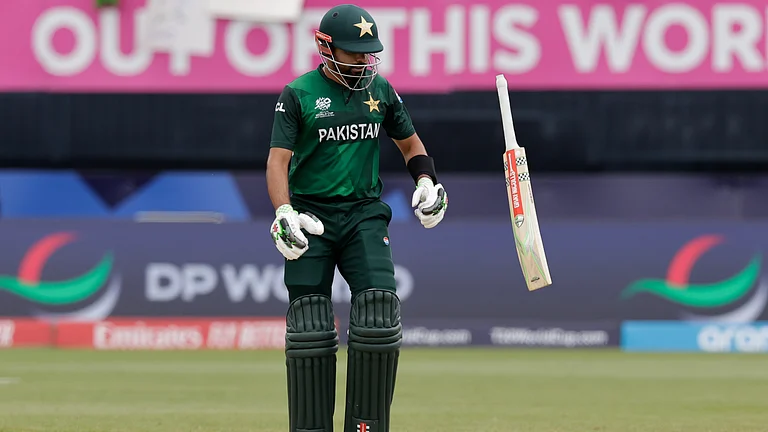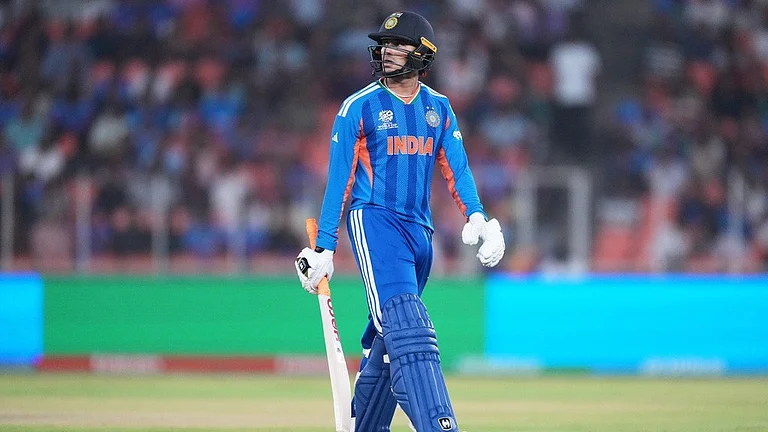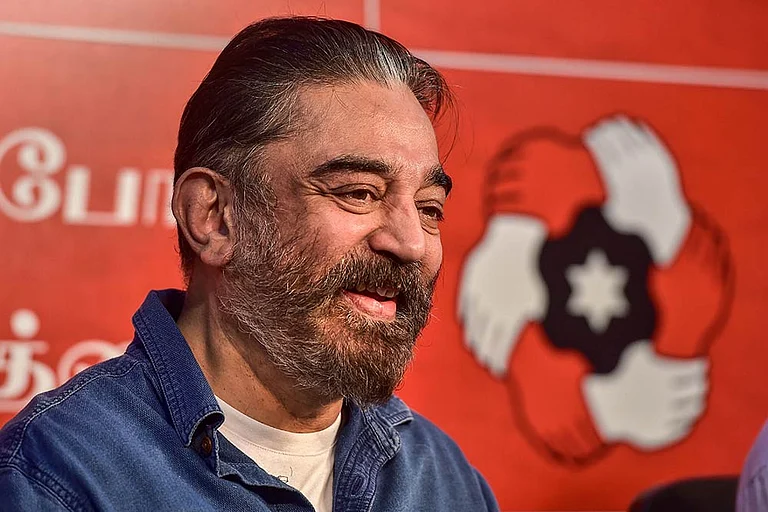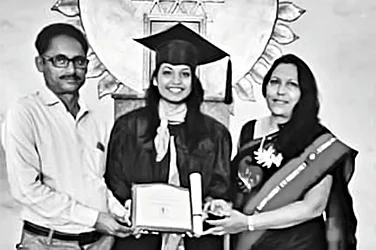The government’s response to such situations in the past has been ad hoc, admits Lov Verma, joint secretary at the ministry of culture, and one of its solutions had been to "encourage NRIs who wanted to bid for the objects to return them to India". Sir Gulam Noon, the London-based "curry king", was one NRI who played a part in two such auctions. In 1993, he and Lord Raj Bagri, the former chairman of the London Metal Exchange, acquired a set of Gandhi documents for £14,000. In 1998 Noon and another wealthy NRI, Nat Puri, bought up a collection of 18 letters written by Gandhi between 1918-24 to Maulana Abdul Bari, the founder of Jamiat Ulema-e-Hind, for £21,172. On both occasions the memorabilia were returned to India, in the second case being formally presented to President K.R. Narayanan in 1999.
This piecemeal strategy of encouraging obliging NRIs to buy up historical objects received a jolt in May 2007 when Gandhi’s last letter came up for auction at Christie’s. Written for the Harijan on January 11, 1948, just 19 days before his assassination, and pleading for Hindu-Muslim unity, it had immense symbolic value and the auction created a furore. The Indian government protested strongly while, as a backup plan, a joint action was planned between the MEA and the culture ministry to bid for the letter if the protests failed. In the end, Christie’s pulled the letter out of the auction, allowing the government to acquire it.
But after this, the government seemed content to return to its previous position of relying on large-hearted, and deep-pocketed, NRIs. In July 2007, Sotheby’s auctioned off a collection of articles written by Gandhi for Young India in 1921 and some of his letters for £45,600. The identity of the buyer was not revealed but it was rumoured to be an NRI who had been "encouraged" to acquire the documents by the Indian High Commission in London. But, according to Verma, "After the incident involving Gandhi’s last letter, it had become apparent that a more comprehensive strategy had to be pursued. In July 2008, the culture ministry set up a committee comprising B.R. Nanda, Tara Gandhi Bhattacharjee, Mridula Mukherjee, Varsha Das and Y.P. Anand to devise a process to deal with such issues, as and when they arise."
Although the committee’s recommendations have been sent to minister of tourism and culture Ambika Soni, she is yet to take a decision. As the date of the auction inches closer—the items are to be sold on March 4 and 5 in New York by Antiquorum Auctioneers—private citizens in India are taking the initiative, rather than waiting for the government to act. Tushar Gandhi, the Mahatma’s great-grandson, has launched a fund-raising campaign so that the memorabilia can be brought back to India.
Speaking to Outlook, Antiquorum Auctioneers’ director Julien Schaerer said New Delhi had not shown any interest in the collection so far. On the other hand, he has seen a larger than usual interest from Indian Americans. "There were only a few objects that Gandhi valued and treasured, and this is really a once-in-a-lifetime opportunity for people to acquire them," he said. The reserve price for the entire collection is between $20,000-$30,000.
Schaerer cites customer confidentiality while declining to reveal where the auction house got the items and at what cost. But he did say all the items came from the same source. "The person who was selling felt that the objects should all go together," he said.
Part of the story can be traced, though, and in each case the objects are deeply intertwined with Indian history. In the 1940s, Gandhi gave his treasured pocket watch to his grandniece Abha Gandhi, his trusted "walking stick" in whose arms he died after being shot by Nathuram Godse. Gandhi also gifted the bowl and thali to Abha, whose adopted daughter, Gita Mehta, inherited them when Abha passed away.
Gandhi gave the sandals to a British officer who photographed him in Aden, on his way to the crucial Roundtable talks in 1931. He gifted the spectacles to the Nawab of Junagadh in the 1930s, after the Nawab asked the Mahatma for inspiration. Gandhi is reputed to have said while giving them that they were the "eyes" that had given him the "vision" to free India. In an ironic twist of history, those round, wire-rimmed spectacles may well have given the Nawab the "vision" to attempt to "free" Junagadh from India in 1947—an attempt that ended in his fleeing India for Pakistan, accompanied by dozens of his prized pedigreed dogs, even as he left several of his begums behind.
Given the historical value of these rare items, and with the date of the auction only days away, the silence from the culture ministry is deafening. Senior sources in the ministry say that a decision will be announced any day now—even if it once again encourages generous NRIs to do their duty to the motherland by returning these treasures to India. But with even the richest NRIs in New York and London hit hard by the recession, they may not be able or willing to come to the rescue this time.
By Omair Ahmad and Ashish Kumar Sen






















